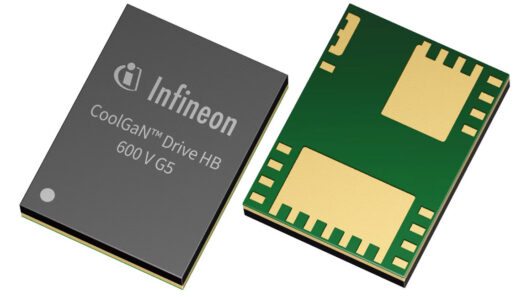The ‘5G in Industrial Operations: How Telcos and Industrial companies stand to benefit’ study found that 5G is regarded as the most important enabler of digital transformation after cloud computing, and that manufacturers expect it to deliver more secure and efficient operations.
Key findings of the study, which surveyed over 800 industrial companies’ executives and 150 telecoms executives across 12 countries, are listed below.
5G is critical to digital transformation
When industrial companies executives were asked which technologies will be the most integral to their digital transformation over the next five years, 5G ranked second, behind only cloud computing: 75% expect 5G to improve connectivity – currently seen as a key barrier to digital transformation.
This compared to 84% for cloud computing, 73% for advanced automation, 66% for advanced robotics and AI/machine learning, and 61% for advanced data analytics.
Industrial companies want to move quickly to implement 5G
There is widespread confidence in 5G’s potential, with almost two thirds of industrial companies (65%) planning to implement it within the first two years of availability. In Italy (35%), France (30%) and Canada (27%), over a quarter intend to use 5G within the first year, while 75% of industrial companies in the UK and Italy, 69% in Spain, and 68% in the US and Norway plan to start within the first two years.
The largest manufacturers are most likely to implement 5G compared to the broader industry: 74% with annual revenue above $10bn expect to do so within the first two years, compared to 57% with revenue between $500m and $1bn.
Gunther May, Head of Technology and Innovation, Business Unit Automation and Electrification at Bosch Rexroth, said: “As a manufacturer, we are monitoring the 5G landscape closely and we believe there are multiple benefits to holding our own license. It would allow us to be in full control of our 5G strategy by giving us the freedom to either deploy the network alone or with a telecom operator.”
One-third (33%) of industrial companies are planning to apply for their own 5G license
Urgency and autonomy are driving demand for private licenses and large organisations will take the lead with 47% expressing interest. This is fuelled by a desire for greater autonomy and security combined with a belief that telecom operators will be too slow moving. However, there will be regulatory barriers which differ across regions.
Security and operational advantages will drive 5G adoption
When asked about the business reason for investing in 5G, more than half cited more secure operations (54%) and efficiency of operations/cost savings (52%), with the expectation that 5G will help in enabling or enhancing use cases such as real-time analytics, video surveillance, remote control of distributed production, AI-enabled or remote controlled motions, remote operations through AR/VR, etc.
Industrial companies will pay more for premium services
Despite uncertainties around the speed of deployment, manufacturers are already willing to pay a premium charge for enhanced 5G coverage. A total of 72% of industrial companies will pay more for enhanced mobile broadband speed and increased capacity, yet only 54% of telecom operators think there is appetite for this.
This presents an opportunity for telecom operators to consider how they build a highly profitable 5G business model.
Pierre Fortier, Principal Consultant in Telecom, Media and Technology at Capgemini Invent, commented: “This research makes it clear that industrial companies are confident in the benefits of 5G before it has even come to market.
“That said, progress towards a 5G future will not be seamless and while some may be prepared to take matters into their own hands with private licenses, they will need to overcome local regulations to make this a reality. Despite all the hype, it’s important to remember that 5G is an emerging technology and there will be many challenges to overcome before it is ready to be deployed at scale.”







